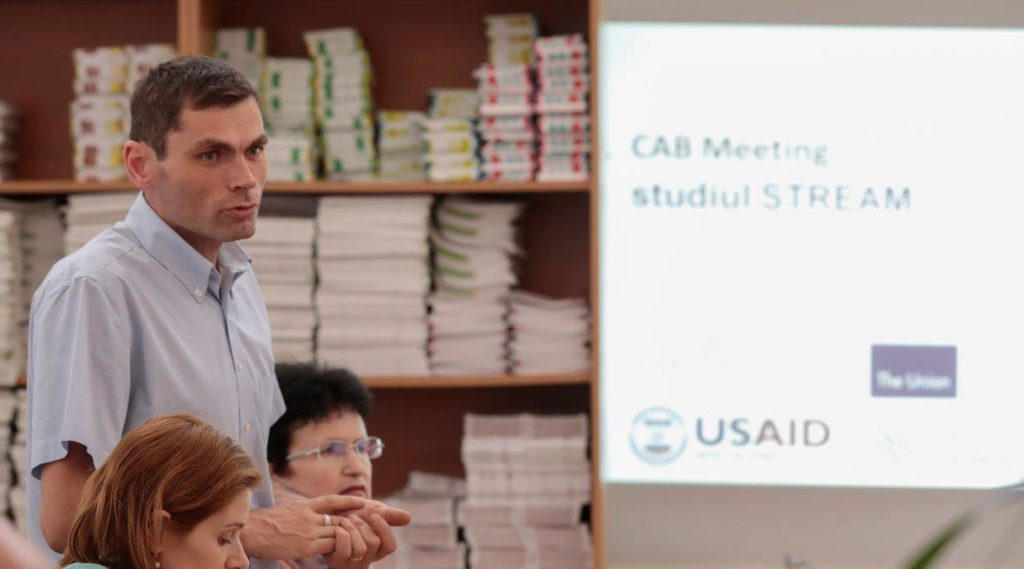Last month, STREAM Community Advisory Boards (CABs) joined REDE-TB, SMIT and Vital Strategies to continue the “Countdown to Sustainability” webinar series. A main focus of the webinar was for CABs to evaluate their relationships with external stakeholders and identify next steps for building more sustainable partnerships for community engagement (CE) beyond STREAM.
Most CABs reported their strong partnerships with national TB treatment centers and national TB programs (NTPs) should enable them to continue their work beyond STREAM.
Ashenafi Ambire, the community liaison officer at St. Peter’s TB Hospital in Addis Ababa, Ethiopia, said he expected “… the collaboration between the CAB and [St. Peter’s would] continue after STREAM in the areas of clinical service improvement and research.”

The Mongolia CAB said their clinical trial experience and knowledge of best practices from other countries makes them a valued partner for the STREAM trial site (the National Center for Communicable Disease (NCCD)) and the Mongolian NTP. In turn, the CAB’s ability to connect patients to care through the NTP encourages patients and local NGOs to support the CAB. The Uganda CAB had similar views, emphasizing its goal of becoming the recognized institution for coordinating CE for all clinical trials conducted at the Makerere Lung Institute, where STREAM is being implement.
As well as its site and NTP relationships, the Moldova CAB emphasized the importance of its collaboration with other civil society organizations and with patients. Alexandru Rucsineanu indicated their CAB would continue its CE work after STREAM by acting as community representatives on institutional ethics committees that review future clinical trials, and by participating in the development of the Moldova National Tuberculosis Program 2021-2025.
At some sites, the CAB members’ deep community roots and ability to provide psychosocial support to trial participants and their families strengthen their importance as key partners for trial sites. This is especially true in India, where CAB members have a long history with community-based and civil society organizations targeting support for the most vulnerable. While support for CE in the country has increased significantly during STREAM, the India CABs acknowledged they will need to continue defining longer-term partnerships that expand their role in TB research beyond the provision of psychosocial support to participants, to encompass consultation on trial design and advocacy for policy change.
In South Africa, CE for clinical trials grew out of the HIV epidemic, and the HIV experience has informed CE in TB clinical trials. As a consequence, stakeholders at all levels are committed to working with South African CABs to improve future TB research. Building on this high level of acceptance, South African CABs intend to deepen existing partnerships through continued collaboration on community outreach with key stakeholders, such as the national TB program. In addition, the STREAM CAB in Pietermaritzburg will focus on strengthening partnerships with the TB-affected community by undertaking more patient-based dialogue.
The 6th All-CAB webinar was a great mechanism for CABs to continue defining their roles in the TB research landscape after STREAM. In future months, we’ll be challenging CABs to put some of their great ideas for long-term relationship-building into action!
Please also stay tuned for the next All-CAB webinar.
To read more about the STREAM CABs, click here.
